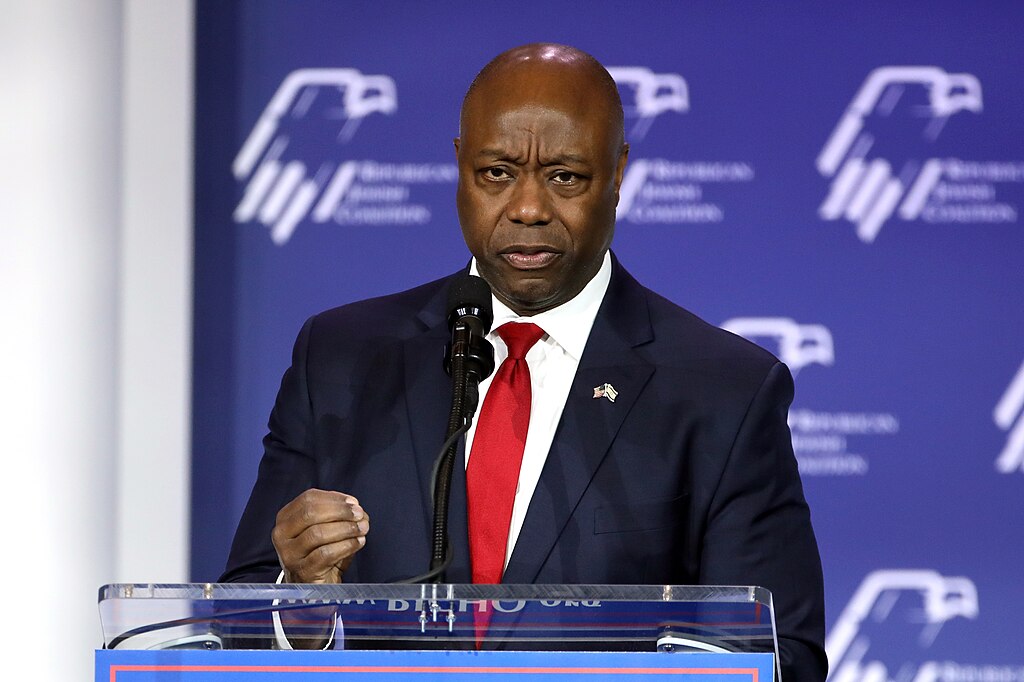U.S. Senator Adam Schiff has introduced the COIN (Curbing Officials’ Income and Nondisclosure) Act, a bill aimed at prohibiting top government officials—including the president, vice president, and members of Congress—from issuing, endorsing, or sponsoring cryptocurrencies during and for two years after their time in office. The move comes as the Senate continues debates over broader crypto regulations following the recent passage of the GENIUS Act, a bill to guide U.S. stablecoin oversight.
Schiff, a California Democrat and supporter of the GENIUS Act, says the COIN Act addresses ethical and constitutional concerns surrounding President Donald Trump’s crypto ventures, including his memecoin, NFT launches, and involvement in stablecoin initiatives via World Liberty Financial. Schiff argues that Trump’s digital asset activities raise serious conflict-of-interest risks tied to his political position.
Despite being backed by four Senate Democrats, including Chris Murphy and Maxine Waters, the bill faces steep opposition in the Republican-controlled House. Still, supporters may attempt to attach its provisions to other crypto-related legislation as the market structure bill gains momentum.
Schiff’s crypto stance is complex—while rated “A” by the advocacy group Stand With Crypto for his support of digital asset policy, he remains vocal about restricting personal gains by public officials in the space. Representative Ritchie Torres and other pro-crypto Democrats have voiced similar concerns, introducing comparable bills to maintain trust and transparency in digital asset policymaking.
With bipartisan efforts underway to regulate the crypto industry, the COIN Act adds a layer of political accountability. However, it’s unclear whether such measures will gain enough traction amid rising tensions over Trump’s crypto ambitions and the broader regulatory push in Washington.


























Comment 0